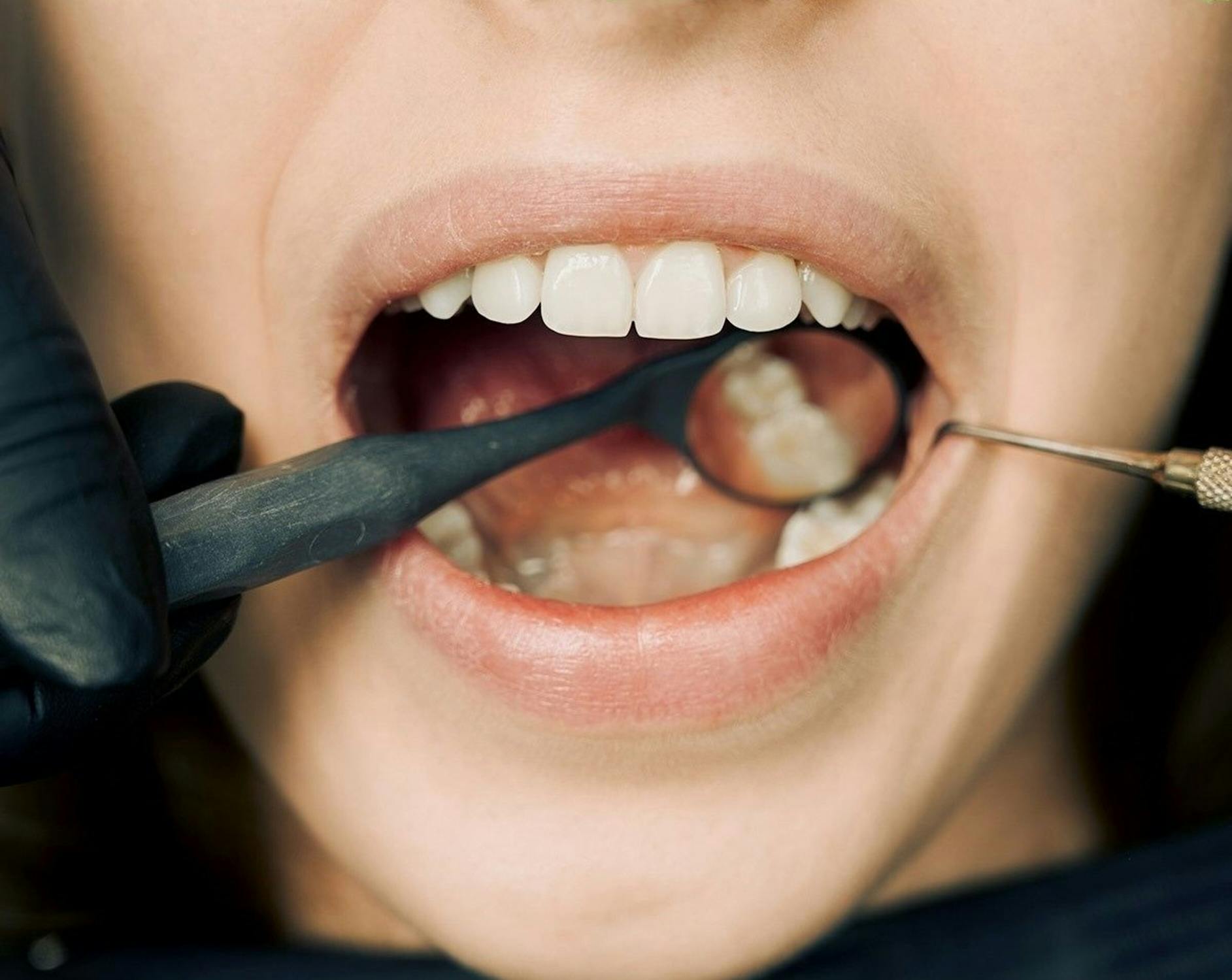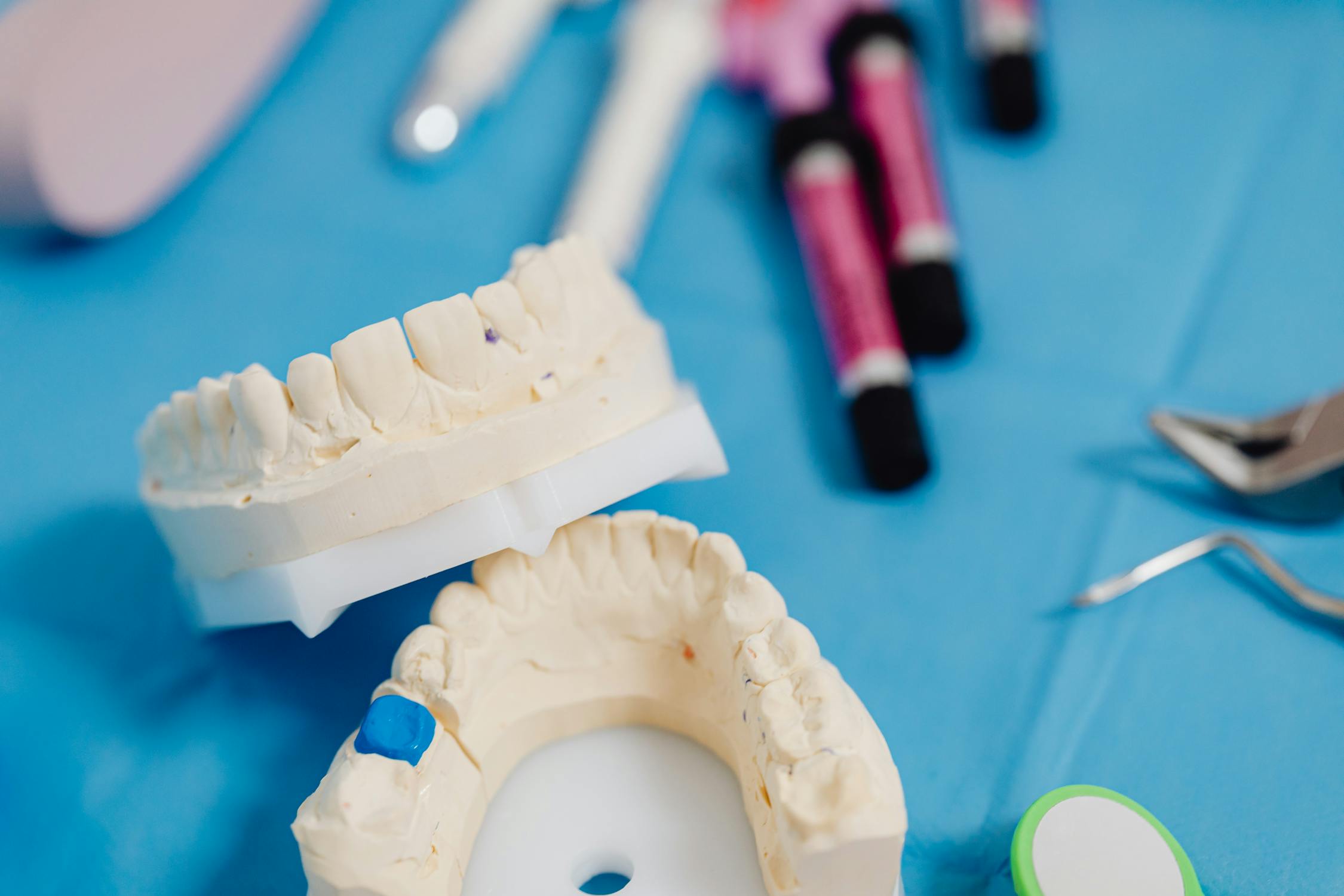Youngest Age to Get Wisdom Teeth Removed
Wisdom teeth, also known as third molars, typically emerge in late adolescence or early adulthood. They’re a vestige of our ancestors’ diets, which required more molars to grind down coarse food. Nowadays, many people opt to remove them, but when is the right age? This article delves into the recommended age for wisdom teeth removal, the signs indicating a need for removal, and the pros and cons associated with the procedure.
Is it Necessary to Remove Wisdom Teeth?
Not everyone needs their wisdom teeth removed. Some people never develop them, while others have plenty of room in their mouths to accommodate these late bloomers. However, many people do run into issues. The necessity largely depends on the potential complications they might cause.
Impaction: Wisdom teeth often become impacted, meaning they don’t have enough space to emerge or grow in the right direction. An impacted tooth can damage neighboring teeth or become infected.
Crowding: Sometimes, the mouth isn’t big enough to accommodate the new arrivals, causing crowding of the other teeth.
Cavities or gum disease: Partially erupted wisdom teeth can be hard to clean, making them a magnet for bacteria and susceptible to tooth decay and gum disease.
If you notice swelling, pain, or tenderness around the back of your mouth, it might be a sign that your wisdom teeth are causing issues.
If you are experiencing discomfort or have uncertainty about your wisdom teeth? Don’t wait for complications. Call our office now and schedule an appointment to get a professional opinion.
Are Wisdom Teeth Important?
Contrary to their name, wisdom teeth don’t confer any particular wisdom. In the distant past, our ancestors needed them to chew tough, raw foods. But with today’s diet and advances in oral hygiene, they’re largely redundant. While they can be functional teeth, they aren’t necessary for chewing.
Average Age for Wisdom Teeth Removal
Typically, wisdom teeth begin to come in for most people between the ages of 17 and 25. Many oral surgeons and dentists recommend removing wisdom teeth during the late teens or early twenties, before they are fully formed and rooted into the jaw. Removal at this age tends to result in an easier procedure and a faster recovery time.
However, the need and timing for removal can vary greatly from one individual to another. Regular dental check-ups during one’s teenage years can help monitor the progress of these teeth.
Disadvantages of Removing Wisdom Teeth
While there are many good reasons to have wisdom teeth removed, it’s worth considering the potential drawbacks:
Pain and discomfort: Any surgical procedure comes with some degree of pain. However, with appropriate pain management, this can be kept to a minimum.
Risk of dry socket: This is a painful condition that can occur if the blood clot that usually forms after removal gets dislodged.
Potential nerve damage: Though rare, surgery can sometimes lead to numbness in the mouth or lips.
Cost: Without dental insurance, the procedure can be quite expensive.
It’s essential to discuss any concerns with your dentist or oral surgeon, weighing the risks and benefits specific to your situation.
What Happens If You Don’t Remove Your Wisdom Teeth?
If you choose not to remove your wisdom teeth, it’s crucial to monitor them for potential problems. Regular dental check-ups can help catch issues early on. If they’re not causing problems and are not deemed a potential future threat, they can be left in place. However, if they start to cause pain or other dental complications, it’s essential to consult with a dentist immediately.
Unsure about whether to keep or remove your wisdom teeth? Our dental team is here to help you make an informed decision. Schedule a consultation today.
In Conclusion
Wisdom teeth removal is a decision often made with the guidance of a dental professional. Regular check-ups and early monitoring can ensure that if removal is necessary, it’s done at the best possible time to reduce potential complications.
Remember, everyone’s mouth is unique, so the right solution for one person might not be the same for another.

